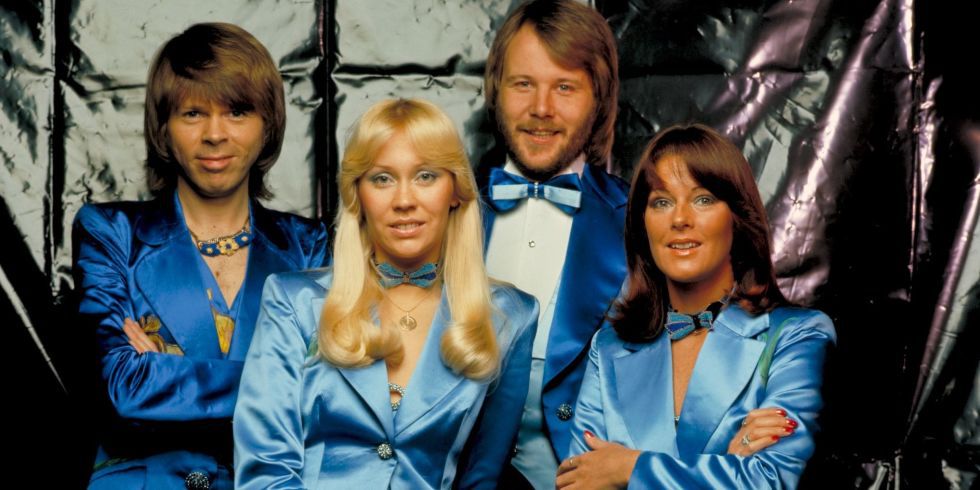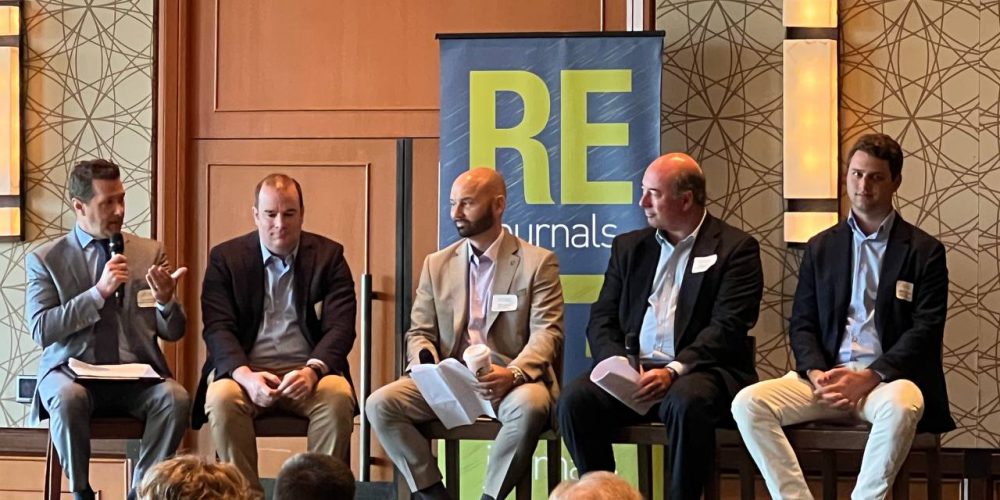Are you worried about how to find a job after college?

Are you worried about how to find a job, but you have little job search experience? Or maybe you’re not satisfied with your career and would like to change it, but don’t know where to start.
We know that “What are you going to do after you graduate?” is one of the worst questions for some young people.
Even the less-specific questions — What are your strengths? What are your passions? — can be daunting.
But finding a job after college — or just finding a new job or changing your career — doesn’t have to be scary. This shift can actually be exciting.
These tips can help you reflect on your story: what you like, what you’ve done so far and what you need to do to get a job — and maybe even a career.
Start early
Most campuses have a career service office staffed with advisers to help you.

But so many students wait until their senior year to wander in. Don’t wait!
What you decide to do professionally can be completely different from what you studied in college, so thinking about your career early in college can allow you to meander a bit, to ask yourself, “What do I like? What brings me joy?”
“If you’re just starting to examine these questions 60 days before graduation, that’s a pretty rapid timeline to cover a lot of ground,” says Mark Peltz, head of the career center at Grinnell College, in Iowa.

Perhaps you’re now thinking, “Oh, snap! I’m too late!” — but don’t worry. It’s better now than never. You’re reading this story, aren’t you? You’re already on your way.
Study yourself, using your own life as data
You don’t have to guess when it comes to what you enjoy: Observe yourself and gather insights.
Don’t just sit on the couch and think about yourself. Go watch yourself actually do stuff, says Dave Evans, a Stanford University lecturer and co-author of the book Designing Your Life.

He recommends making a “good-time journal” — a daily record of all your activities, annotated with notes on how engaging each was and whether it gave you energy or drained you. This becomes the data that informs what you like to do, and the insights you glean go far beyond the subjects you’ve liked in school.
You can do this log more than once: when you have a heavy course load, between semesters, during a summer job or an unsatisfying job you’re stuck in. Figuring out what you want to do is an ever-evolving process.
Explore where your interests intersect with job options
Now that you know more about you, turn your focus outward to discover and learn about jobs out in the world.

Don’t stop at reading about them — go try out your interests through job shadowing, a lecture, a small project or a hands-on class. Instead of crafting a to-do list, Peltz encourages students to develop a “try stuff” list to test their ideas, gather more info and clarify what they want to do.
Be strategic as you tell your story
Even a part-time job in retail, a volunteer post or a club membership can translate into real skills such as problem solving, leading a team and working with customers.

“You have more experience than you think, but it’s about reframing that in the right language,” said Stacey Harris when she was with Year Up, a program that helps get community college students ready for internships and careers.
Another important way to tell your story is the elevator pitch — a mini-story that tells who you are and what you want to do (in the time it takes to ride from one floor to another). Your pitch should include your name, your history and your goals. Practice telling this story, maybe to a friend or family member, until it becomes natural.

“A couple of my students have actually hopped into an elevator with me just to practice their elevator pitch as if I was a stranger,” Harris says.
It can be a little weird to talk about yourself. Perhaps you’re thinking, “Who am I? I don’t have a story!” But everyone has a story — and more importantly, most humans love hearing stories.
The Right Mentor Can Change Your Career. Here’s How to Find One
Look at who is doing interesting work. Reach out
Take your research to the next level: Find people in the world doing interesting things and do as many informational interviews with them as you can. These are informal conversations in which you ask people about their jobs and how they arrived at them.

These interviews might seem scary, but keep in mind that people love to talk about themselves and what they’re doing — and they also love to help.
“You’re not asking them for money. You’re not asking them for a job. You’re asking for the story,” explains Evans. “If you’re genuinely interested, if you can bring genuine curiosity, go for it.”
Some things to keep in mind when reaching out: Be specific. You don’t want to blanket-email a bunch of people just because you can. Think about what you’re trying to get from each person you talk to: Is it the path to where they are now? Is it information about a posted job?
Once you get one interview, Evans says, go out and talk to more people. One easy way to do this is to make your last question, “Who else should I talk to?”
After you’ve taken up other folks’ time, it’s best to send a thank-you note. Handwritten is lovely but not necessary; an email will work too.
Study up on business etiquette
Different workplaces have different rules. Since you won’t know those nuances until you spend time in the office, it’s best to proceed with caution. Make sure your social media channels are public-ready and polish your email skills. Here are some of Harris’ tips:
Make sure you have a professional email address.
Craft an email subject line carefully: Learn to write a short summary of what’s in the email.

- Begin the message with a greeting.
- End with a signature and include a way to reach you.
- Beware of spelling errors and capitalize properly.
- Cast a wide net
Sometimes landing a position might take longer than you expect. “Don’t just wait on one employer,” Kamla Charles advised, when she was a career counselor at Valencia College in Orlando, Florida. Send out multiple résumés and keep a log of all your outreach to help you stay organized.
And remember, she says: “Your career is constantly up for negotiation. So if you try something and it doesn’t work, that’s fine. Take what you’ve learned and move on to the next one.”
By Alex Arlander | ENC News

































